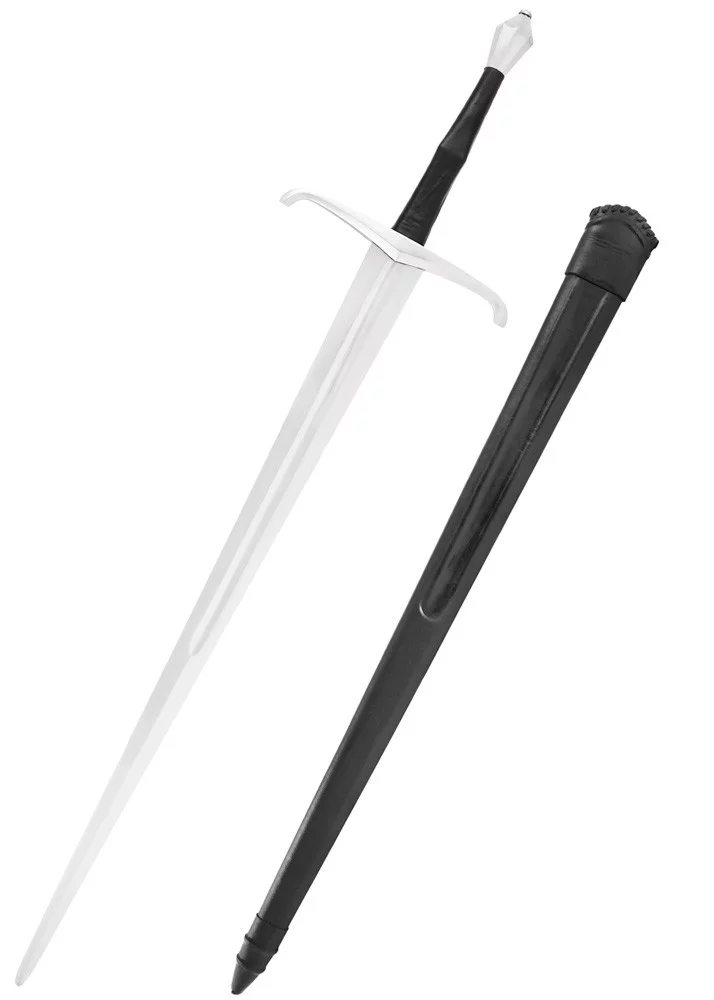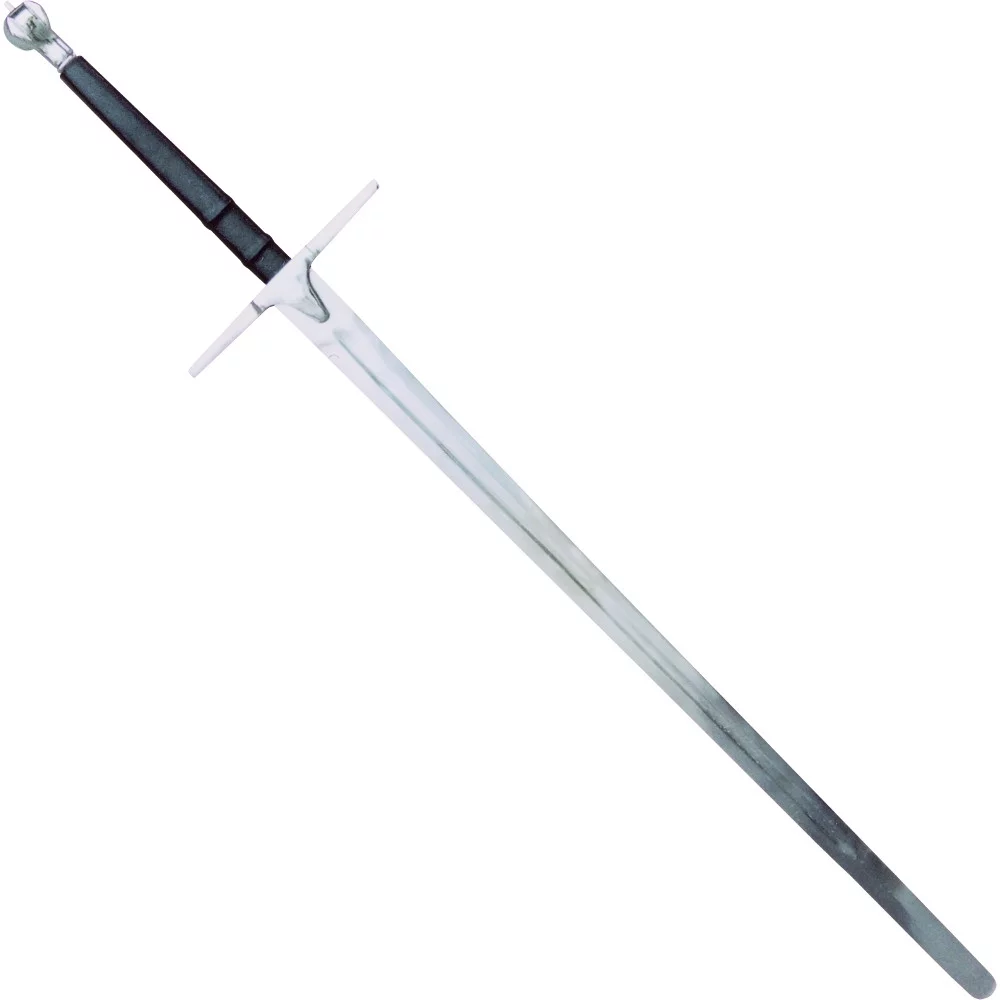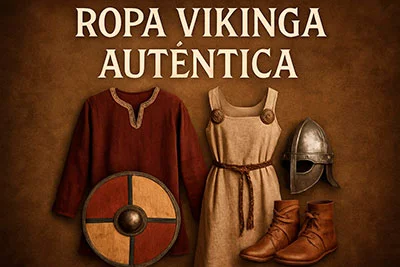Shopping Cart
There are no more items in your cart
Hand-and-a-Half Sword & Two-Handed Sword
The sword has been one of the most emblematic weapons throughout history, used by warriors in different eras and cultures. Among the many variants, the hand-and-a-half sword and the two-handed sword stand out. In this article, we will explore their characteristics, advantages, and disadvantages, as well as their historical evolution.
Hand-and-a-Half Sword

- Origin: It appeared in the 13th century and reached its peak in the 14th and 15th centuries, becoming a favorite among medieval knights.
- Design: Its double-edged blade varies between 85 and 105 cm, while the total length ranges from 108 to 130 cm. It is designed to be wielded with either one or two hands.
- Weight: It generally weighs between 1,300 and 2,000 grams, allowing for agile and balanced handling.
- Use: Ideal for breaking piker formations, as well as for duels due to its speed and precision.
Two-Handed Sword

- Origin: It became popular during the 14th and 15th centuries, primarily used in close combat.
- Design: Its blade is longer and heavier than that of the hand-and-a-half sword, and its cruciform hilt allows for exclusive two-handed use.
- Weight: Its weight is considerably greater, making it ideal for delivering powerful strikes.
- Use: While not as versatile, its strength and stability make it suitable for combat formations.
Comparison and Advantages
Hand-and-a-Half Sword
- Advantages: Its versatility is one of its greatest assets, allowing it to be handled in various combat situations.
- Disadvantages: For more powerful movements, the use of both hands is recommended, which may complicate certain maneuvers.
Two-Handed Sword
- Advantages: Its weight allows for devastating strikes, and the stability is notable when using both hands.
- Disadvantages: The difficulty in maneuvering quickly and making precise movements with one hand can be a limitation.

Historical Evolution
Both swords symbolize the evolution of medieval combat technique, adapting to the needs of the battlefield. While the hand-and-a-half sword stood out for its versatility and agility, the two-handed sword became a symbol of brute force and dominance in close combat.
| Characteristic | Hand-and-a-Half Sword | Two-Handed Sword |
|---|---|---|
| Main Use | Versatile, individual combat and formations | Close combat and formations |
| Weight | 1,300 - 2,000 g | Heavier, varied |
| Blade Length | 85 - 105 cm | More than 105 cm |
| Hilt | One or two hands | Only two hands |



